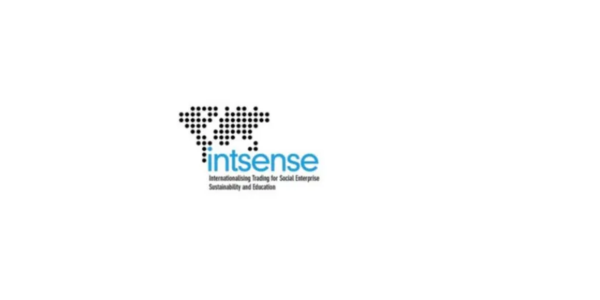
Duration: 24 Months
Dates: (October 2017 – October 2019)
TUS Project Budget: €36,275
Total Project Budget: €292,198
Summary:
This strategic partnership aims to support the development of innovative practices in education and training. It is for individuals who are either seeking to expand their knowledge and expertise in relation to the internationalisation of social enterprise (SE), trading, or are already engaged in social enterprise organisations and wish to develop their capacity to trade their goods and services internationally to enhance their organisational sustainability. The outputs of the project will impact on the capacity of the social enterprise sector on many levels (local, regional, national, International etc.).
A 2014 British Council and Social Enterprise survey found that the ‘needs and expectations’ within the export market of the social enterprise sector were differing, concluding that more research is needed. A key finding witnessed within the UK, explained that 49% of respondents currently exporting, receive no support for oversea activities. Therefore, the proposed work seeks to develop a comprehensive study across all countries of the EU partners, which seeks to explore on a qualitative basis, the reasons why social enterprises engage in international trade and the barriers and enablers that facilitate this form of enterprise. The key factors that will be explored include: the motives behind foreign establishment, the time and entry of foreign markets, their location, and the use of an entry mode.
Objectives and Aims of the Project
- To develop an e-framework of factors that act as enablers and barriers to the internationalisation of social enterprise trading of goods & services that reflect differing business models currently in use.
- To undertake desk based research, producing a report that maps out and appraises the use of current support mechanisms available in each partner country, available to all social enterprises wanting to internationalise their trading practices.
- The creation of infographic and video case study materials, used as examples to clearly show the practices of social enterprises internationally.
- The production of materials used for formal and informal courses of education and training relating to the international trading of social enterprise goods & services, their sustainability & support mechanisms available.
Contact Details
Dr Shane O’ Sullivan
Project Officer
Email: shane.osullivan@tus.ie
Seamus Hoyne
Development Unit Manager
Email: Seamus.hoyne@tus.ie
TUS Activities
- The hosting of a local conference of InTSEnSE, targeted at: various educational organisations and their post graduate students, vocational training companies, careers advisors, teachers, local/regional authorities representatives etc.., intended to provide participants with complete first-hand information and an opportunity to try out the e-framework and other output material from the InTSEnSE project.
- Participation on developing a framework for the internationalisation of social enterprise training. Which provides detailed cross sector case study data enriched descriptions of social enterprises either already trading internationally or seeking to trade internationally in the national contexts of all the partner organisations.
- Jointly working with the other partners to create a report entitled, “Support mechanisms for internationalising the Trading of Social Enterprise” – a publication that provides guidance to social enterprise practitioners located in the partnering organisations home countries.
- Vocational education and training provided through short term joint staff training events.
- Participating in the creation of infographic and video case study materials of social enterprise international trading practices for use as pilot light, including materials such as: fields of activity, motives, mode of entry into international market, time of entry, support networks, barriers, and knowledge and experience of the social enterprises’ key actors to initiate, nurture and sustain their trading operations.




